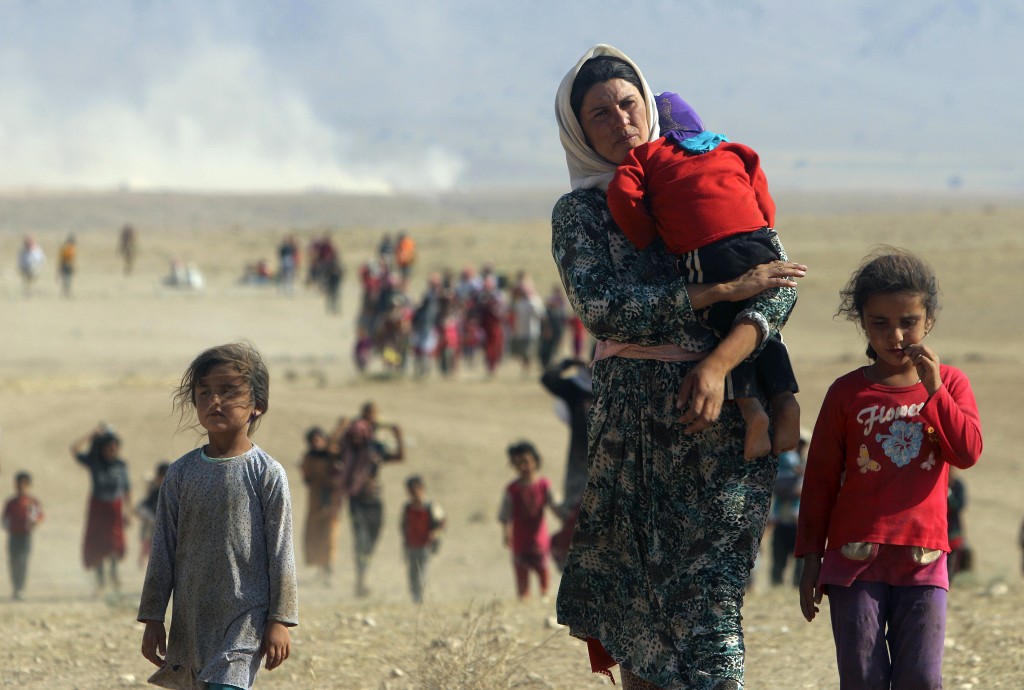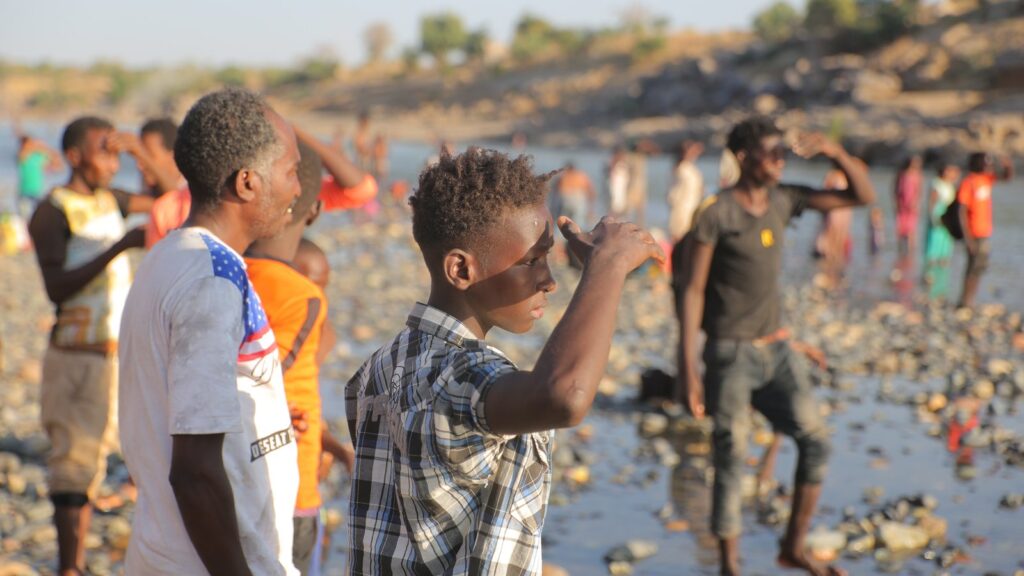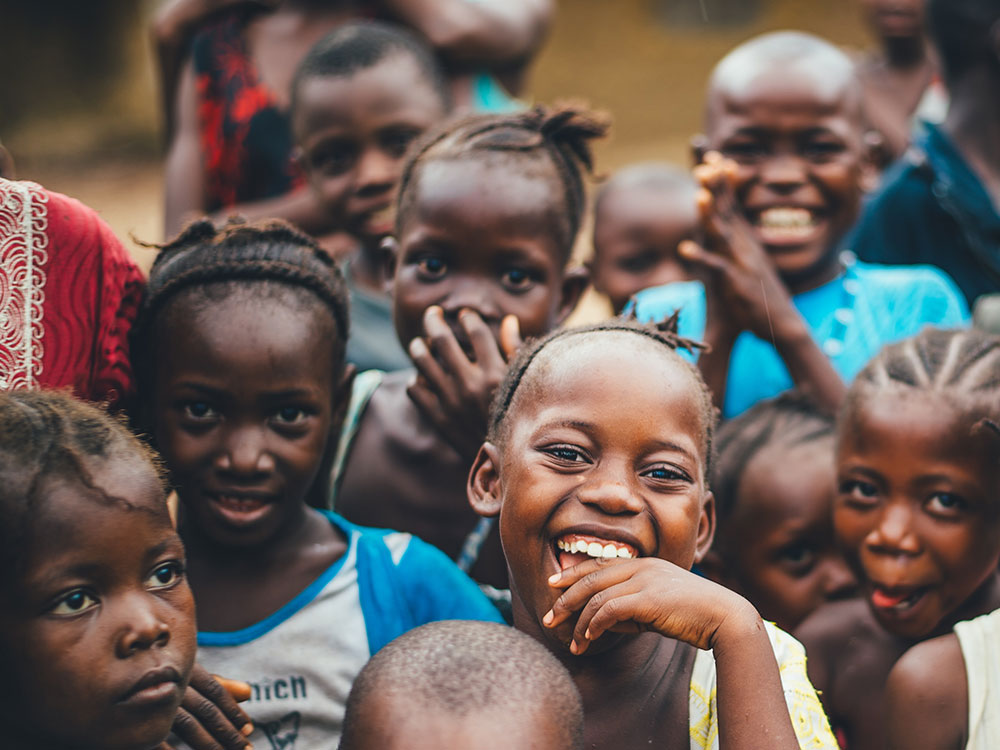The global refugee crisis is an ongoing humanitarian challenge that has captured the world’s attention for decades. Millions of people are forcibly displaced from their homes due to conflicts, persecution, and other factors, seeking safety and a chance for a better life. This post aims to provide a comprehensive overview of the global refugee crisis, focusing on the problems faced by refugees, how governments around the world are addressing these issues, the significance of this crisis, and ways in which the average person can contribute to alleviating the plight of refugees.
The global refugee crisis has reached staggering proportions. According to the United Nations High Commissioner for Refugees (UNHCR), as of 2021, there were over 82 million forcibly displaced people worldwide. This number includes approximately 26.4 million refugees, 4.4 million asylum-seekers, and 45.7 million internally displaced persons (IDPs). The crisis spans continents, affecting individuals and families from Africa, Asia, the Middle East, and beyond.
Causes of Displacement
Refugees are forced to flee their homes for a myriad of reasons, primarily stemming from conflicts, persecution, and violence. Armed conflicts in countries like Syria, Afghanistan, and South Sudan have resulted in mass displacement. Political persecution, religious discrimination, and ethnic tensions also contribute to refugee flows. Additionally, climate change and environmental degradation increasingly drive displacement as communities are uprooted due to natural disasters and resource scarcity.
Challenges Faced by Refugees
Refugees often find themselves in dire circumstances, struggling to access essentials such as clean water, food, shelter, and healthcare. Overcrowded refugee camps and inadequate resources exacerbate these challenges, leading to malnutrition, disease outbreaks, and unsanitary living conditions.
Refugees face complex legal processes when seeking asylum in a host country. Lengthy asylum application procedures, legal barriers, and language barriers can make it exceedingly difficult for refugees to navigate the system. Many are detained or face deportation while their asylum claims are pending, leaving them in a state of uncertainty and vulnerability.
Refugees often encounter hostility and discrimination in host countries. They may face xenophobia, racism, and exclusion, which can hinder their integration and ability to rebuild their lives. Discrimination can manifest in various forms, from employment discrimination to verbal and physical harassment.
The trauma of displacement, loss, and the uncertainty of the future take a toll on the mental health of refugees. Depression, anxiety, post-traumatic stress disorder (PTSD), and other mental health issues are prevalent among displaced populations.

The Significance of the Global Refugee Crisis
The refugee crisis is fundamentally a humanitarian crisis. It reflects the suffering and displacement of millions of people, many of whom have fled violence, persecution, or untenable living conditions. Failing to address this crisis adequately means ignoring the basic principles of human rights and compassion.
The refugee crisis has significant security implications for both host countries and the countries of origin. Unresolved conflicts and instability in regions generating refugees can fuel global insecurity and terrorism. Additionally, the challenges faced by host countries, such as economic strain and social tensions, can have broader security implications.

Economic and Social Impact
Refugees can make valuable contributions to host countries, including through their skills, entrepreneurship, and cultural diversity. However, the strain on resources and public services can create economic and social challenges. How countries manage and integrate refugees can determine whether they become assets or liabilities.
Conclusion
The global refugee crisis is a pressing humanitarian issue that demands our attention and action. Refugees face immense challenges, from basic needs and legal hurdles to discrimination and mental health struggles. Governments worldwide have adopted varied approaches to addressing the crisis, reflecting complex political and social dynamics. However, the crisis remains significant due to its humanitarian, security, and economic implications. The average person can contribute to alleviating the plight of refugees by raising awareness, supporting refugee organizations, advocating for policy change, and fostering inclusivity within their communities. In doing so, we can work toward a more compassionate and sustainable response to the global refugee crisis.

